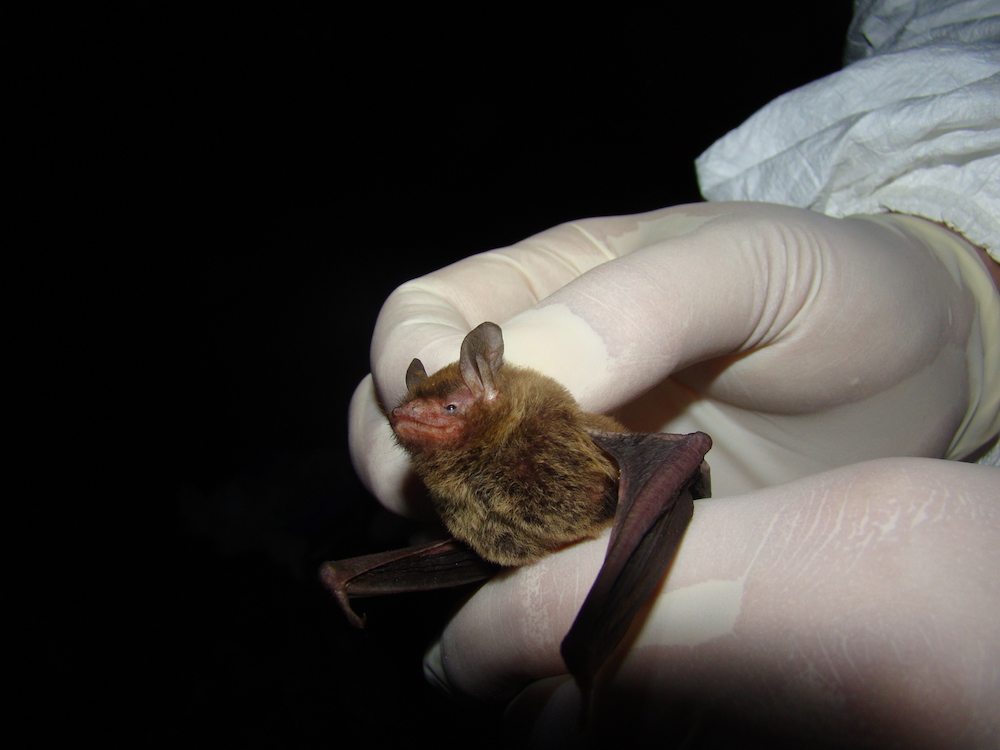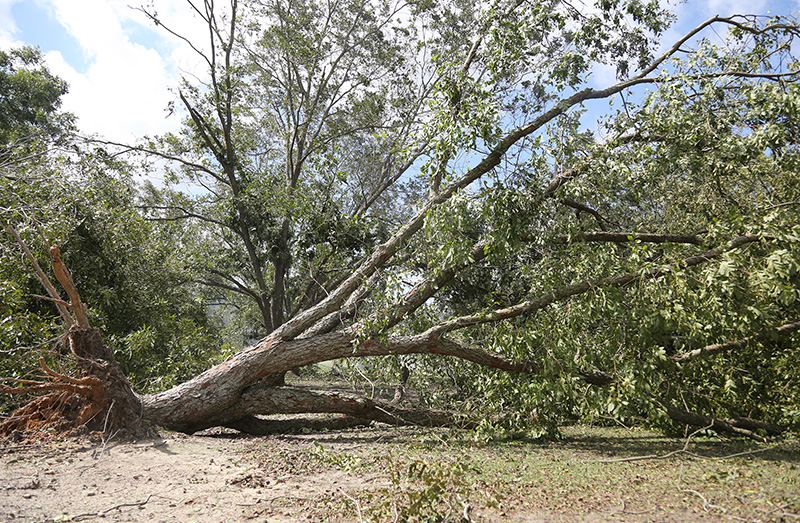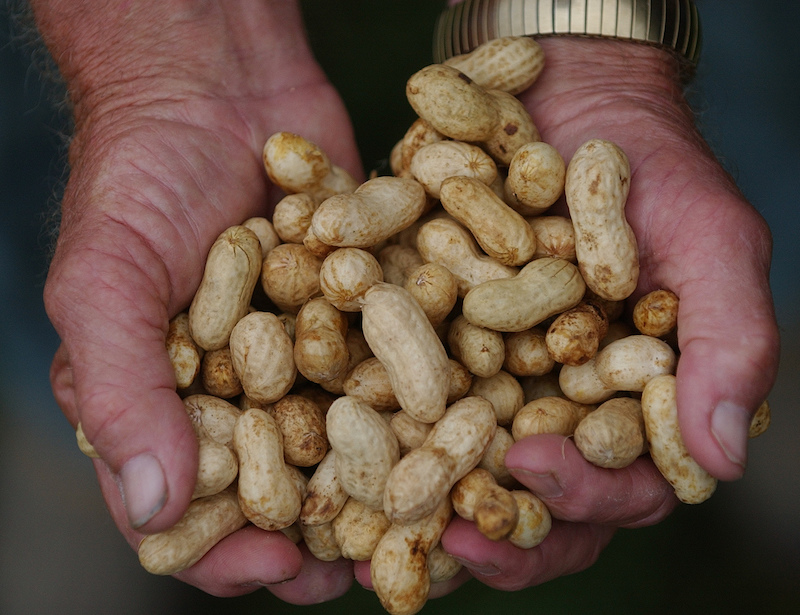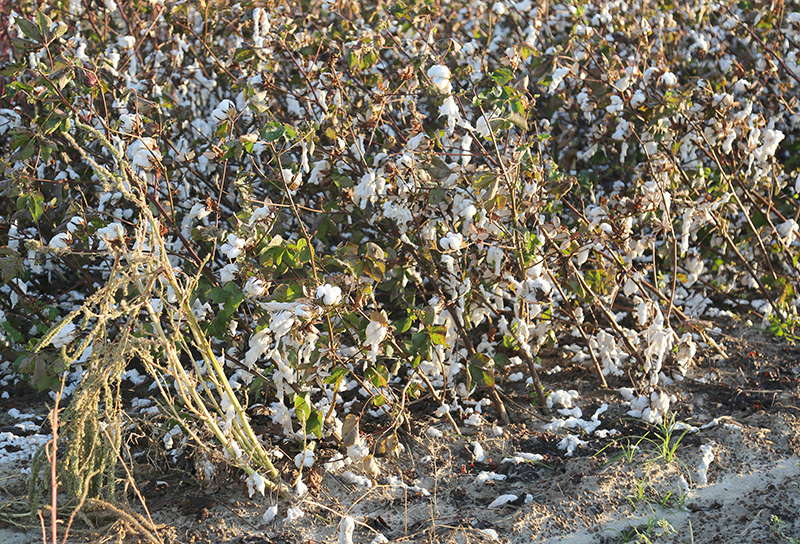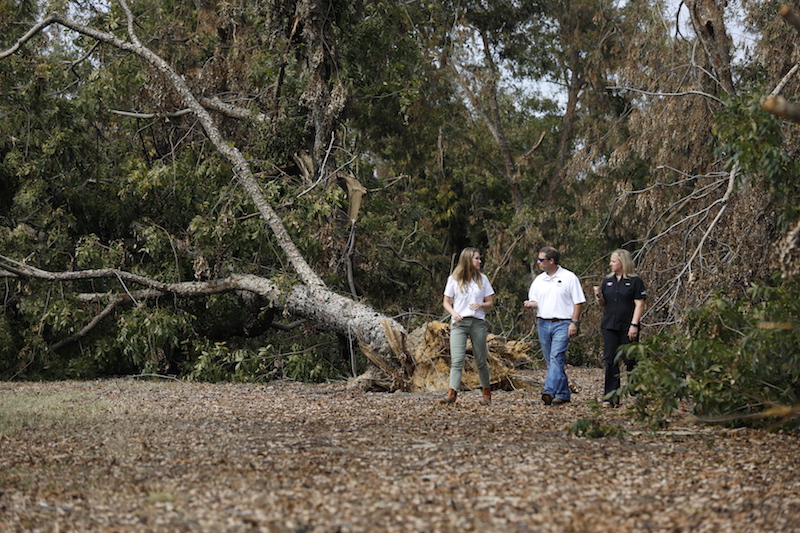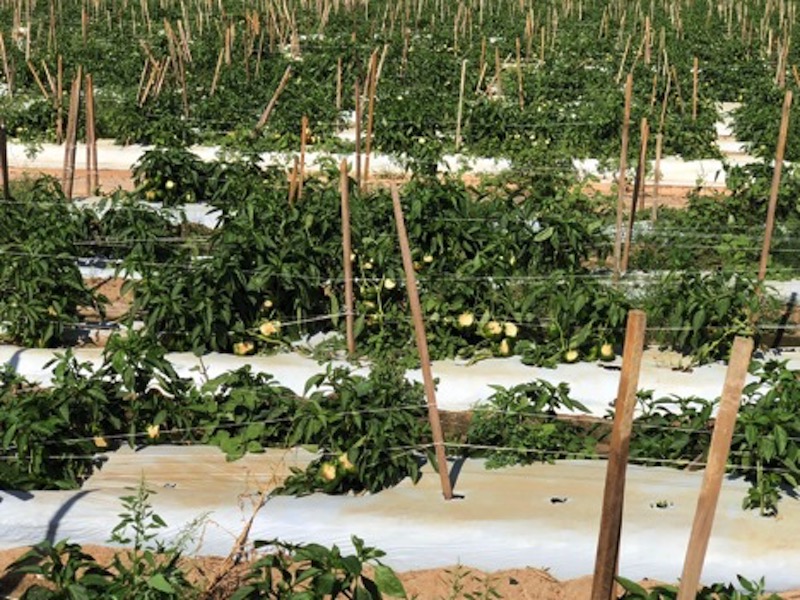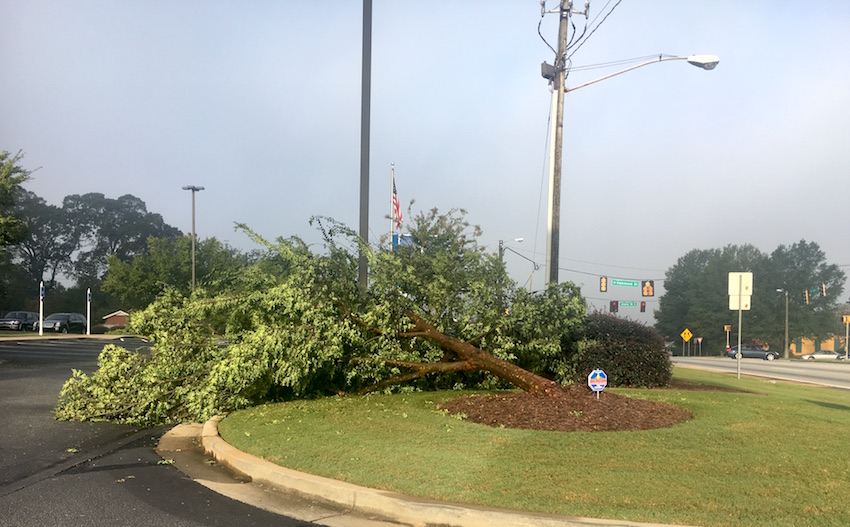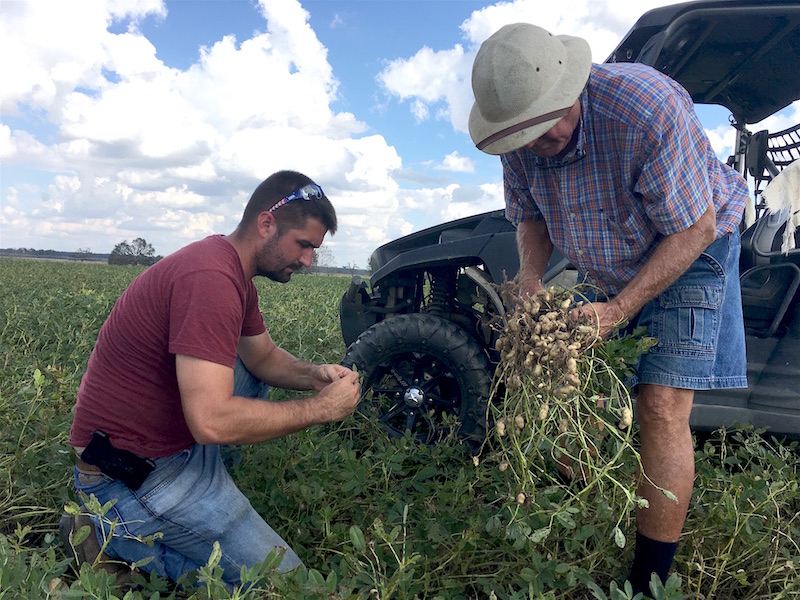 CAES News
CAES News
Michael's Aftermath
Just weeks after Hurricane Michael blew across southwest Georgia, area farmers have moved from a state of shock into full recovery mode. Before dealing with their own losses, many farmers in Decatur, Early, Miller, Mitchell and Seminole counties helped clear roads, cover roofs and check on their neighbors.

